“This is the place where thousands of tons of the world’s electronics go to die,” The Atlantic in December wrote about Agbogbloshie, a district in the middle of Accra, Ghana. One U.S. e-scrap expert, however, says he saw no evidence of that during a recent trip to the West African country.
“It’s basically a hoax,” said Robin Ingenthron, founder of the Middlebury, Vermont-based World Reuse, Repair and Recycling Association (WR3A), which advocates for the fair international trade of used electronics. Ingenthron also runs Middlebury e-scrap processing business Good Point Recycling.
In an interview, Ingenthron, who visited Ghana March 28 to April 19, offered a contrasting picture of a site that’s been widely described by the mainstream media as a toxic dumping ground for the world’s broken e-scrap. The designation has also spurred heated debate within the industry, propelling countless U.S. companies to market their services as an antidote to foreign dumping.
According to Ingenthron, during his trip to Ghana he saw no evidence of imported e-scrap traveling from the country’s port at Tema to Agbogbloshie. He estimated he spent a total of 16 hours at Agbogbloshie and another six hours interviewing people who work there.
“We saw no evidence of direct import,” he said.
Ingenthron said the site mostly contained automobile scrap, in addition to appliances and some locally generated e-scrap, which was delivered on hand carts from the surrounding neighborhoods. Only 20 to 50 used electronic pieces come to the site each day, Ingenthron wrote in a press release about his visit.
Ingenthron, whose WR3A is preparing a more complete report on the visit, did note “the soil at Agbogbloshie is extremely contaminated.”
“We do not condone the conditions at Agbogbloshie. We only note that ending imports will do nothing to address the problem,” Ingenthron stated.
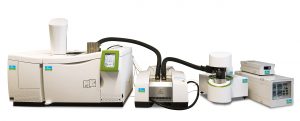


 Associate Editor Jared Paben has worked for Resource Recycling since December 2014. Most of his earlier career was spent as a reporter for the daily newspaper in Bellingham, Wash., but he also has experience working for the Oregon volunteerism commission and for Oregon nonprofits serving low-income populations. He can be contacted at
Associate Editor Jared Paben has worked for Resource Recycling since December 2014. Most of his earlier career was spent as a reporter for the daily newspaper in Bellingham, Wash., but he also has experience working for the Oregon volunteerism commission and for Oregon nonprofits serving low-income populations. He can be contacted at  An employee at an e-scrap facility in Ontario discovered just how much money there is in used electronics.
An employee at an e-scrap facility in Ontario discovered just how much money there is in used electronics. The federal government has dramatically lowered permissible exposure limits for beryllium, a metal used in some electronics.
The federal government has dramatically lowered permissible exposure limits for beryllium, a metal used in some electronics.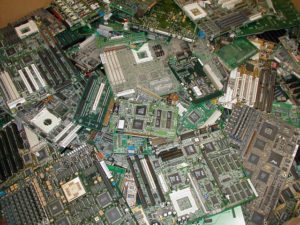 The federal government will invest up to $70 million in a new research institute focused on reducing recycling costs and boosting recycled content in manufacturing. E-scrap is one focus of the initiative.
The federal government will invest up to $70 million in a new research institute focused on reducing recycling costs and boosting recycled content in manufacturing. E-scrap is one focus of the initiative.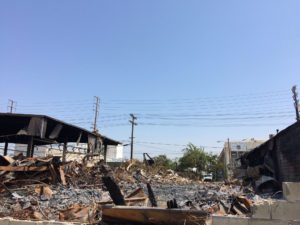 Government agencies have started cleaning up the toxic aftermath of a fire at a Los Angeles-area metals and e-scrap recycling facility. Clean-up costs are expected to total in the millions of dollars.
Government agencies have started cleaning up the toxic aftermath of a fire at a Los Angeles-area metals and e-scrap recycling facility. Clean-up costs are expected to total in the millions of dollars. Carey Hamilton, executive director of the Indiana Recycling Coalition and a board member of the National Recycling Coalition, has succeeded in her bid for a seat in the legislature.
Carey Hamilton, executive director of the Indiana Recycling Coalition and a board member of the National Recycling Coalition, has succeeded in her bid for a seat in the legislature.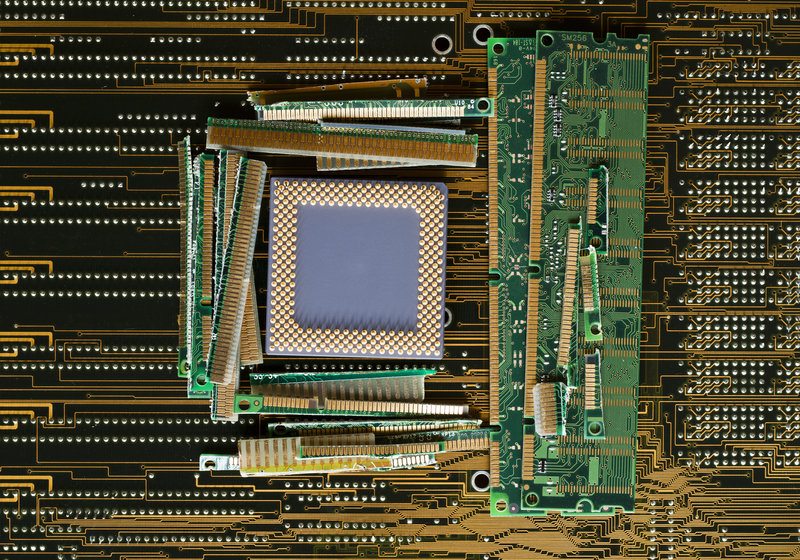 A leaching method can effectively extract precious metals from e-scrap without using toxic chemicals, the product’s creator said.
A leaching method can effectively extract precious metals from e-scrap without using toxic chemicals, the product’s creator said.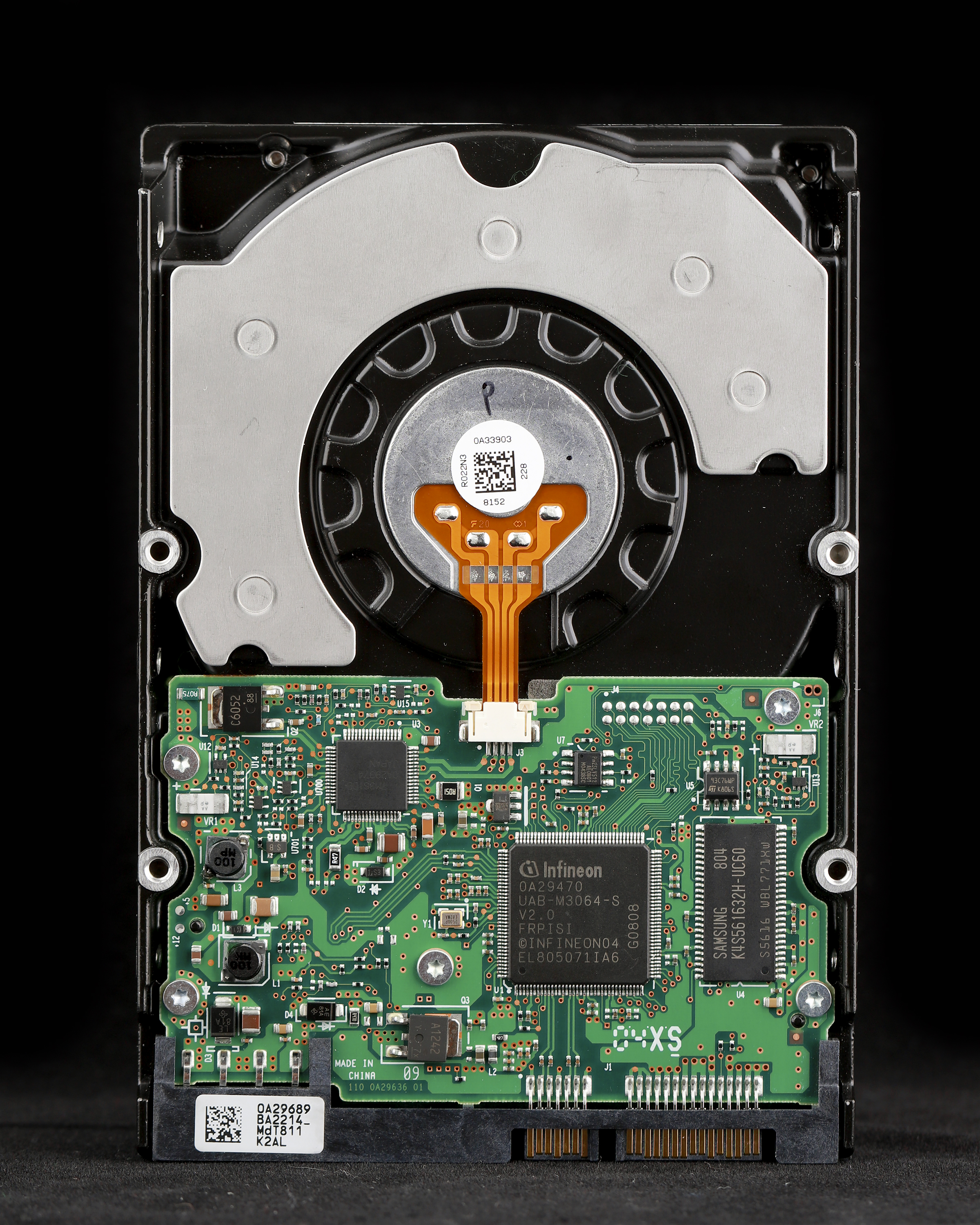 Researchers at Oak Ridge National Laboratory have developed an automated process for disassembling hard drives so their rare earth elements can be reused. That process, which aims to keep intact hard drives out of shredders, will be tested by a manufacturer in Tennessee.
Researchers at Oak Ridge National Laboratory have developed an automated process for disassembling hard drives so their rare earth elements can be reused. That process, which aims to keep intact hard drives out of shredders, will be tested by a manufacturer in Tennessee.